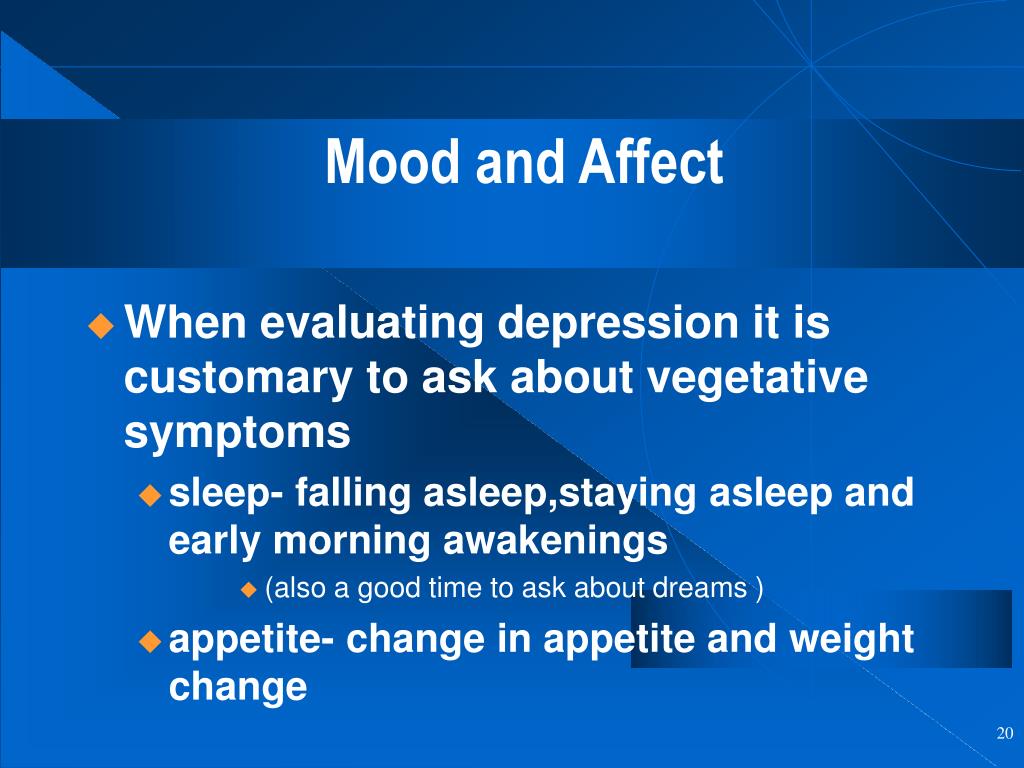
Does not scripture teach that all humanity is descended from Adam, made in the image of God, and do not prophets such as Isaiah and Jonah carry forward the message of universality? Of course. So what is to be done? How can we proclaim the Bible as our sacred, inviolable, perfect, ground-text, while at the same time proclaiming a message of tolerance, equality and universal human rights? Not that hints of such doctrines cannot be found in scripture. The modern ‘believers’, nurtured on ideals of religious freedom and universal human rights, is left bewildered and uncomfortable, cornered by their own conscience into a defensive position.

Capital punishment for religious infractions – The Torah mandates death sentences for Sabbath breaking (Exod 31:14, Num 15:35), male homosexual acts (Lev 20:13), and a host of other transgressions.Indiscriminate killing of enemies – David (1 Samuel 27:9) “leaves no man or woman alive” on his random raids into Geshurite, Amalekite, and Gizrite territory, which he does to deceive Achish about where he has been campaigning.Slaughtering Midianite women and children – Moses (Numbers 31:2, 15-18) orders the cold-blooded slaughter of the captive women and boys of Midian.Genocide of Amalekites – Saul kills every Amalekite other than their king, Agag, including women and children, and is only castigated for failing to kill the king and for taking spoils (1 Sam 15).Genocide of Canaanites – Deuteronomy, at the same time as it sets out an idealized system of law designed to establish an equitable and compassionate society, calls for the extermination of the tribes of Canaan (7:2 20:16-18).Nevertheless, other parts of the Bible do precisely that. If the psalm empathizes, it stops short of mandating violent retribution on Israel’s enemies. The psalmist perfectly portrays their emotion to end on an elevated note would be preaching at the victims rather than sharing their pain. It is not difficult, especially after the holocaust, to understand how the exiles felt, having suffered bitter defeat and seen their children torn from their arms and wantonly slaughtered. The mood throughout is one of bitterness and resentment –bitterness at being asked to sing the “songs of the Lord” in a foreign land, aggravated by resentment towards the Edomites – even more than the conquering Babylonians – who had gratuitously taken advantage of an opportunity to inflict cruelty on those they should have regarded as brothers.

Is the shift to the second half of the psalm an abrupt change of mood? I don’t think so I believe that is a misreading. But then, “Remember … against the Edomites … happy is he who seizes your babies and dashes them against the rocks.” Should I simply follow what most composers have done when setting the psalm to music, and restrict my setting to the first six verses only? A Unified Theme

What could be more inspiring than the opening words, “By the rivers of Babylon, we sat we wept, as we thought of Zion … If I forget you, O Jerusalem …”? For six verses the music flowed, weaving a counterpoint to evoke the sadness and nostalgia of exile. Long ago, as a music student, I was allotted the exercise of setting Psalm 137 for unaccompanied choir.


 0 kommentar(er)
0 kommentar(er)
